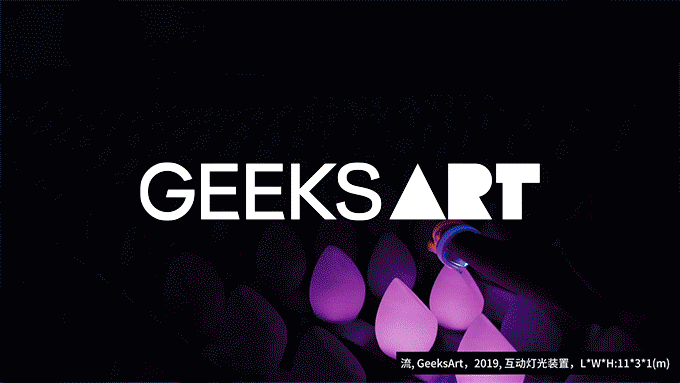汵奇咖啡交道口店的面积很小,只有8平米。这个项目开始于疫情的尾声,疫情也直接导致了这个小小的空置场地的出现。我们沿着这个思路去思考:疫情给很多人的生活都带来了很大的改变,如果面对面的呼吸也隐藏着危险,那么“一起喝一杯咖啡”意味着什么?
Cenchi Coffee Jiaodaokou shop is quite diminutive, its size a mere 8 square meters. This project began at the end of the pandemic, which also led directly to the choice of this small empty site. Our thought stream went along these lines: The epidemic has brought cataclysmic changes to the lives of a great many people, and if even face to face breathing hides potential danger, then what does it really mean to “have a cup of coffee together”?
客户是我们很熟悉的汵奇咖啡的两位主理人。他们希望在这次的设计能够超越一家“窗口店”咖啡馆,让这个8平米的场地也能提供给客人丰富的交流空间。我们的方案选取了两种普通的主材:室内空间全部采用多层板制作了所有的家具,并在狭小的室内“挤出”了两个面向城市景观的坐席。室内外的界面则应用了常见的断桥铝合金门窗系统,这个系统与旁边其他的店面是完全一样的。不同的是每一个窗框都有一个把手,门窗的开启方向与受力节点经过重新设计,并结合人体尺度使开启后的窗扇形成座位、桌板、遮阳棚、招牌等家具。
Our friendship with the creators of Cenchi Coffee comes a long way. They hoped this project would push beyond the commonplace of “window shop” cafés, so that the 8 square meters of the venue could provide a galvanizing communication space for patrons. Two easily available materials were picked for our proposal: multi-layer panels were selected for all interior furniture, allowing us to squeeze out two seating areas facing the urban landscape. Indoor and outdoor interfaces apply the customary bridge-cutoff aluminum alloy door and window system uniformly applied by the adjoining stores. The difference lies in that each window frame has a handle, the opening direction of the doors and windows and the force nodes have been redesigned. Additionally, careful consideration is given to human scale: seats, tables, awnings, signboards and other furniture can be assembled by patrons just by the act of opening the window sashes.
我们尝试在这个项目中探讨在北京老城区街边这样的典型地段中进行建造的可能性。方案把立面的建筑元素转化为家具,这其实与生活在这里的居民自发的建造和对建筑构件的“借用”行为是类似的。我们通过观察和思考这种“借用”使方案既带有概念性的思考,又让使用者感觉到熟悉和易于理解。在台阶上也可以席地而坐,室内空间和城市空间的界限变得模糊。以往常在胡同里、在街道上自发发生过的邻里生活场景以一种设计过的方式再次呈现。
This project explores the possibilities of building in culturally-loaded locations such as the streets of Beijing’s old city. Our scheme transforms the architectural elements of the facade into furniture, to a great extent, it bears a direct similarity to the spontaneous construction and “borrowing” of building components commonly practiced by local residents. By observing and conceptualizing this form of “borrowing”, we aspire to elevate it to abstract thinking, while bringing in a solution that feels familiar and easy to grasp. Furthermore, the venue allows patrons to sit on the floor or on the steps, blurring boundaries between indoor and urban space. The scenes of spontaneous neighborhood life that made the very fabric of the hutongs are presented anew in a designed way.
我们希望通过这个项目,用建筑师的方式表达“乐观”的态度。它不但具有一个非常开放的姿态,也会成为一个“只有在城市空间中才会发生的事件”所发生的场所,因此而鼓励大家走出家门,回到城市生活中来。
As architects, we aim to embrace an “optimistic” attitude through this project. This venue will not only show a very open posture, hopefully it will also be a site where “events that can only happen in urban space” take place, thus encouraging reluctant patrons to leave of their abodes and dip back into city life.
▲平面图
项目信息——
项目名称:Cenchi Coffee交道口店
设计方:空间站建筑师事务所
联系邮箱:contact@spacestationarchitects.com
设计时间:2022年12月-2023年2月
施工完成:2023年5月
项目地址:北京市,东城区
建筑面积:8平方米
摄影版权:SpaceStation
摄影:金伟琦
客户:Cenchi Coffee
施工单位:北京中盈宏安建筑装饰工程有限公司




























